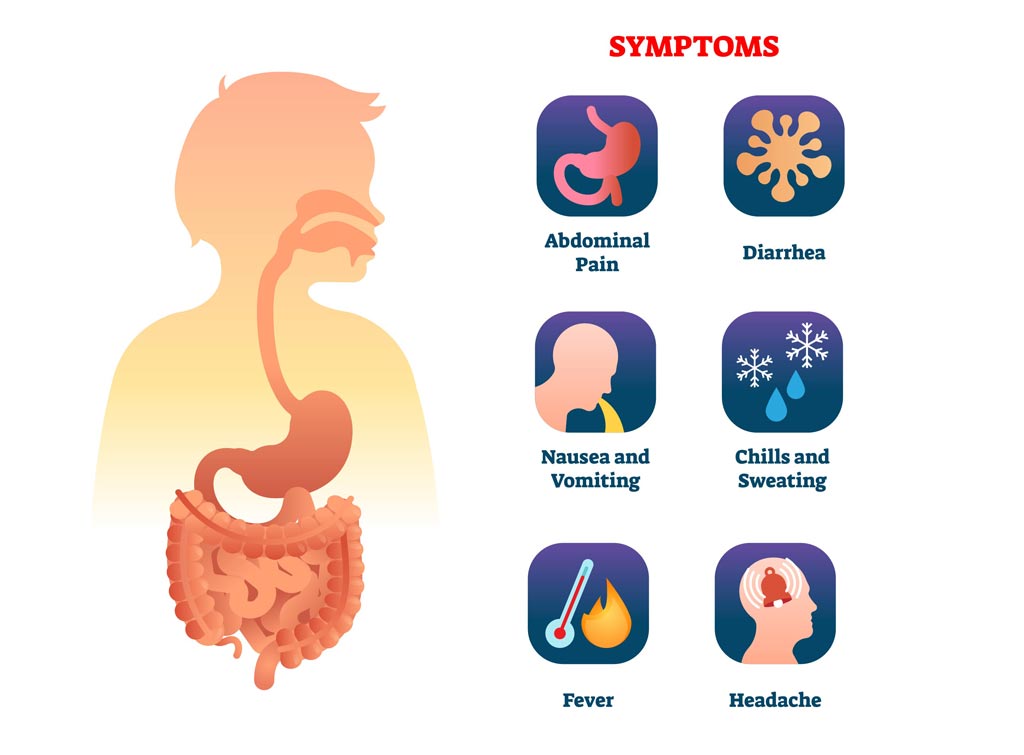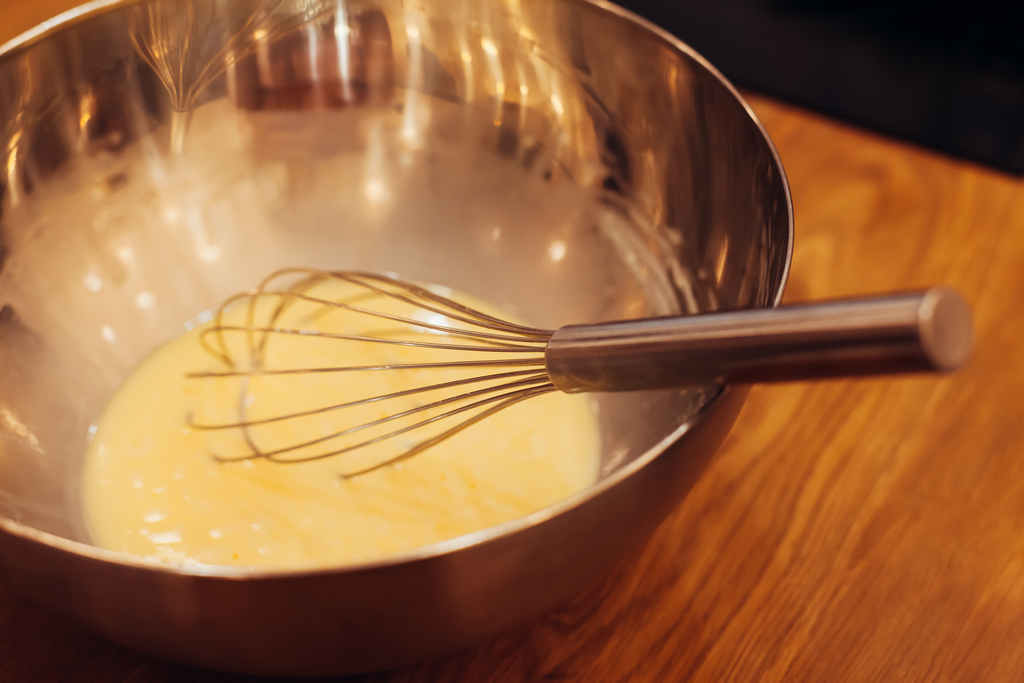Homemade eggnog is a tradition during the holiday season. But each year, this creamy drink causes cases of Salmonella food illness because of one of the main ingredients – contaminated raw or undercooked eggs.
Eggs – just like raw meat, poultry and fish – must be properly stored, handled and cooked – to be safe. Eggs that appear normal can contain a germ called Salmonella that can make you sick, especially if you eat raw or lightly cooked eggs. Eggs are only safe when you handle them properly and cook them to the proper temperature.
Some people think that adding rum, whiskey, or other alcohol to the recipe will make the eggnog safe. But, if contaminated unpasteurized eggs are used in eggnog, you can’t count on the alcohol in the drink to kill all of the bacteria.
So, by following simple safe handling and proper cooking practices, you can enjoy delicious, creamy homemade eggnog without worrying about making anyone sick!
- Learn about foodborne pathogens, cross contamination, cold and hot food safety, and best practices to prevent foodborne illness.
- Food Manager ANSI Certification: $99.00 - Valid in all States
- Food Handler Training: Only $7.00!
- 10% OFF: Enter Promo Code "train10off" at Checkout
What are the symptoms of a Salmonella infection?
Symptoms typically appear 6 to 48 hours after eating contaminated food, though this period is sometimes much longer. Some people can have diarrhea many times a day for several days and that person may need to be hospitalized.
In most cases, Salmonella illness lasts 4–7 days and people recover without antibiotic treatment. Symptoms include:
- Diarrhea
- Fever
- Abdominal cramps
Contact your doctor or healthcare provider if your symptoms last longer or get worse.
People at a higher risk for foodborne infections include: infants and pregnant women, older adults, and those with weakened immune systems (such as those with HIV/AIDS, diabetes, or an organ transplant). These groups may get a more serious illness that can even be life-threatening.
Eggnog – Cooking the Egg Base
According to the FDA, start with a cooked egg base for eggnog. To make a cooked egg base:
- Combine eggs and half the milk as indicated in the recipe. (Other ingredients, such as sugar may be added at this step.)
- Cook the mixture gently to an internal temperature of 160 °F, stirring constantly. The cooking will destroy Salmonella, if present. At this temperature, the mixture will firmly coat a metal spoon (but please don’t lick the spoon if the custard is not fully cooked!).
- After cooking, chill the mixture before adding the rest of the milk and other ingredients.
Grocery Store Eggnog is Pasteurized
If you’re buying eggnog at the store, it has likely been pasteurized. That means the egg-and-milk combination has been heat-treated to kill most of the harmful microorganisms that could make you sick and reduce the ones that cause spoilage as well.
Classic Eggnog Recipe
When making homemade eggnog, the Egg Safety Center and FDA recommends using a cooked egg base or pasteurized egg product to avoid a damper on celebrations because of potential foodborne illness. Here’s an easy recipe for Classic Cooked Eggnog:
Ingredients for 12 servings (6 cups):
- 6 large eggs
- 1/4 cup sugar
- 1/4 tsp. salt
- 4 cups whole milk – divided into 2 cups each
- 1 tsp. vanilla
- 12 cinnamon stick for garnish
- BEAT eggs, sugar and salt in large heavy saucepan until blended. STIR IN 2 cups milk.
- COOK over low heat, stirring constantly but gently, until mixture is just thick enough to just coat a metal spoon with a thin film and temperature reaches 160°F, about 15 minutes. Do not allow to boil. REMOVE from heat immediately.
- STIR IN remaining 2 cups milk and vanilla. REFRIGERATE, covered, until thoroughly chilled, several hours or overnight.
Summary
Eggs – just like raw meat, poultry and fish – must be properly stored, handled and cooked – to be safe. Eggs that appear normal can contain a germ called Salmonella that can make you sick, especially if you eat raw or lightly cooked eggs.
December is National #Eggnog Month. By following simple safe handling and proper cooking practices, you can enjoy delicious, creamy homemade eggnog without worrying about making anyone sick!





